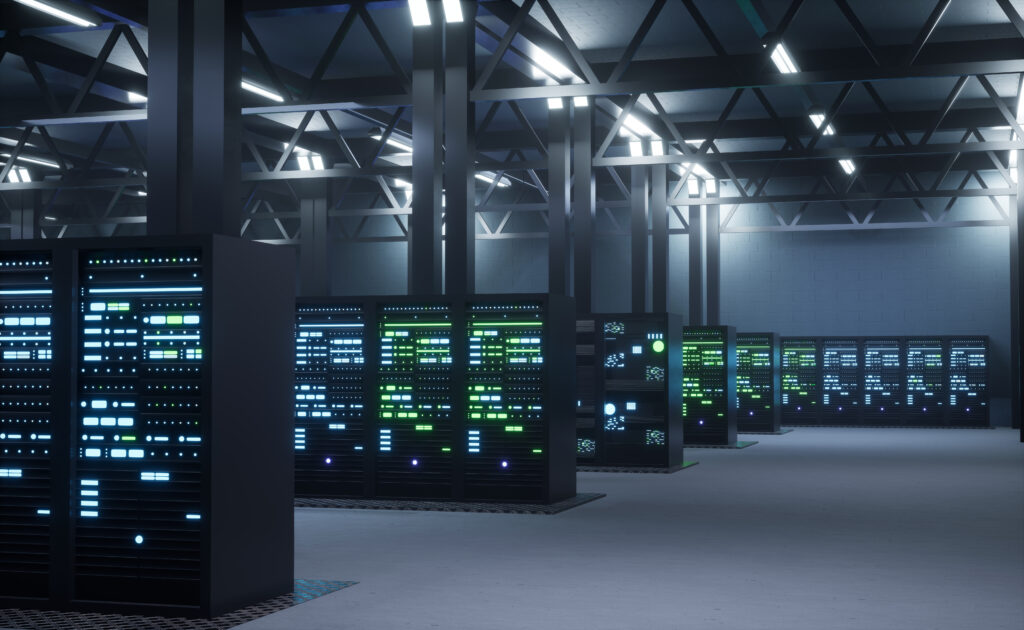Turner & Townsend report finds power access threatens AI data centre construction
Scarce grid capacity and cooling bottlenecks are delaying AI datacentres for years, pushing costs higher and forcing developers toward on-site power, storage and revamped supply chains.

A new Turner & Townsend survey has found that power access and supply chains are the biggest obstacles to scaling AI data centres. Drawing on over 300 projects in more than 20 countries and input from 280 experts, the report states that 48% of respondents cite securing access to power as the top constraint, with wait times of up to seven years in the US.
The scale of planned build-outs is also intensifying the crunch. OpenAI’s disclosed projects alone would require 55.2 GW, enough electricity for about 44.2 million homes, putting data centres in direct competition with housing and manufacturing for limited power capacity across the US, UK and Europe. Turner & Townsend recommends on-site generation, energy storage or grid-independent power to keep projects moving, especially for AI facilities.
Cooling technology is the second chokepoint. Eighty-three percent of industry professionals say local supply chains cannot yet support advanced cooling for high-density AI. Moreover, costs are rising.
Air-cooled facilities saw a 5.5% cost-per-watt increase, while AI-optimised liquid-cooled designs are 7–10% more expensive than comparable air-cooled builds. The report urges operators to review procurement models to strengthen supply chains and accelerate delivery.
Governments are prioritising AI infrastructure, but investment is at risk without faster grid connections and reliable component supply. ‘Power availability remains a critical barrier,’ said Paul Barry of Turner & Townsend North America, noting growing competition for electricity from businesses and consumers. Chip supply could add further delays if manufacturers are unable to meet demand.
Would you like to learn more about AI, tech and digital diplomacy? If so, ask our Diplo chatbot!
